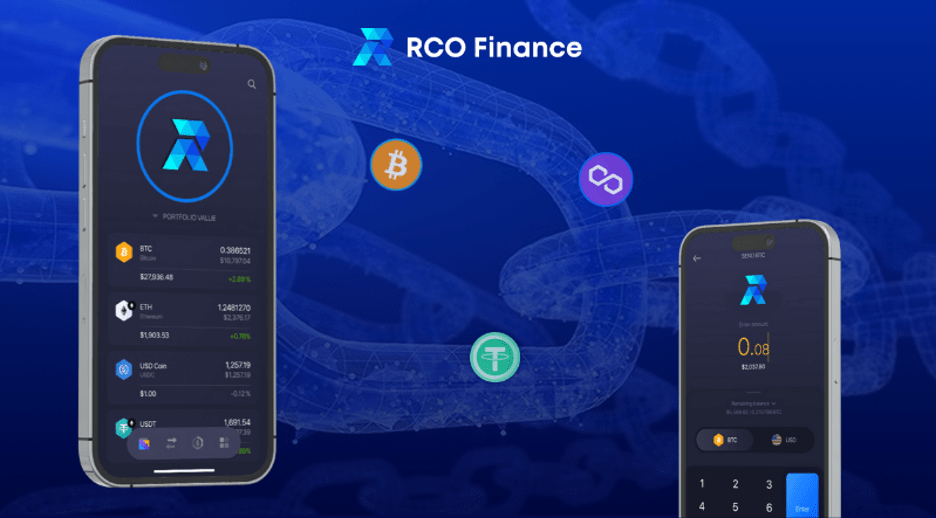Known for its high-speed and scalable blockchain, the Solana ecosystem has faced significant challenges lately. Despite its past success, Solana’s recent technical issues have raised concerns about its long-term reliability and market stability.
Moreover, this DeFi trading platform faces growing competition from other layer-1 platforms like Sui, Aptos, and RCO Finance (RCOF). Is it okay to continue investing in the ecosystem? Here are reasons SOL holders should be more alert.
Lack of Decentralization
One of the main concerns about Solana is its level of decentralization. The fact that Solana only has a few validators is a real red flag for many people. It makes them nervous about security and whether things are as decentralized as they should be. This has understandably led to some hesitation from investors and traders.
Solana’s centralized structure could become a major limitation as the demand for truly decentralized finance and blockchain technology increases. This is especially true as other emerging layer-1 networks prioritize decentralization in their designs.
Solana’s Occasional outage
When it comes to Defi trading platforms, every second counts. Downtime and outages are major concerns that cause financial losses and damage a platform’s reputation in the long run.
Solana’s delayed patch implementation and congestion issues have recently threatened its reliability and stability. These incidents have been attributed to software vulnerabilities in the network and resource exhaustion attacks. Moreover, the outage has also been attributed to the lack of client diversity, which has led to potential centralization.
RCO Finance Network and Efficiency
RCO Finance is a decentralized finance platform that offers more than just trading. This DeFi platform prioritizes the things that count: speed, security, and a smooth user experience. Its super-fast transactions, lower fees, and full anonymity raise traders’ expectations of how Defi trading platforms should function.
But RCO Finance doesn’t stop there. The platform is AI-integrated, giving traders far more control and customization. These functions are considered game changers and tools for modern crypto trading and greatly threaten platforms such as Solana.
Decline in Solana DEX Volumes
Another concerning trend is the decline in Solana’s decentralized exchange (DEX) volumes since March, with an average daily trading volume of around $61.5 million in May 2024. This represents a slight decrease of around 21% compared to April 2024.
This decline suggests that users may migrate to other blockchains for trading and swapping purposes. Understanding the reasons behind this is crucial. Are Solana’s DEX fees less competitive? Are other blockchains offering superior user experiences or incentives?
What Should SOL Holders Do?
Solana is undoubtedly one of the primary ecosystems in blockchain, and its dominance has made it more potent. However, with its many challenges, moving to more promising platforms like RCO Finance (RCOF), which utilizes AI trading to increase efficiency and profits, is a better option for traders who want to reduce their losses.
Bottom Line
With what seems to be a looming investor disappointment in the Solana token, RCO Finance (RCOF) is now considered the most compelling alternative. With its emphasis on speed, security, and a better user experience, RCOF sold nearly 6 million tokens for $0.0127 before the end of the stage one presale. Moreover, investors are already posing for the token’s growth, with stage two presale prices expected to jump by over 160% of the stage one presale price.
For more information about the RCO Finance Presale:
Join The RCO Finance Community
Disclaimer: This is a paid release. The statements, views and opinions expressed in this column are solely those of the content provider and do not necessarily represent those of Bitcoinist. Bitcoinist does not guarantee the accuracy or timeliness of information available in such content. Do your research and invest at your own risk.
























